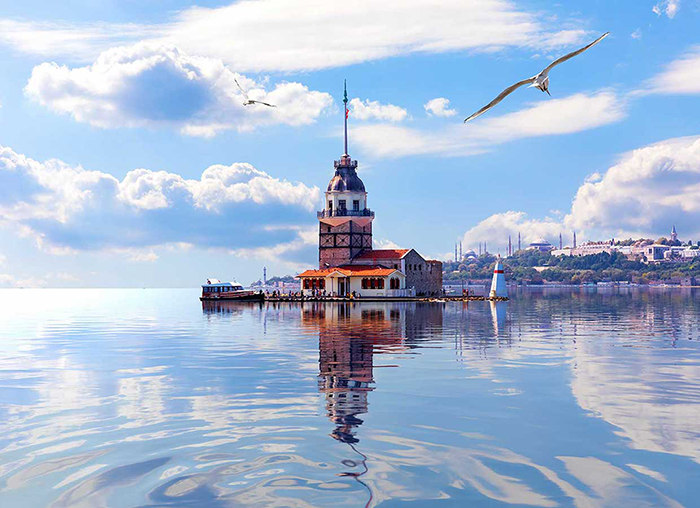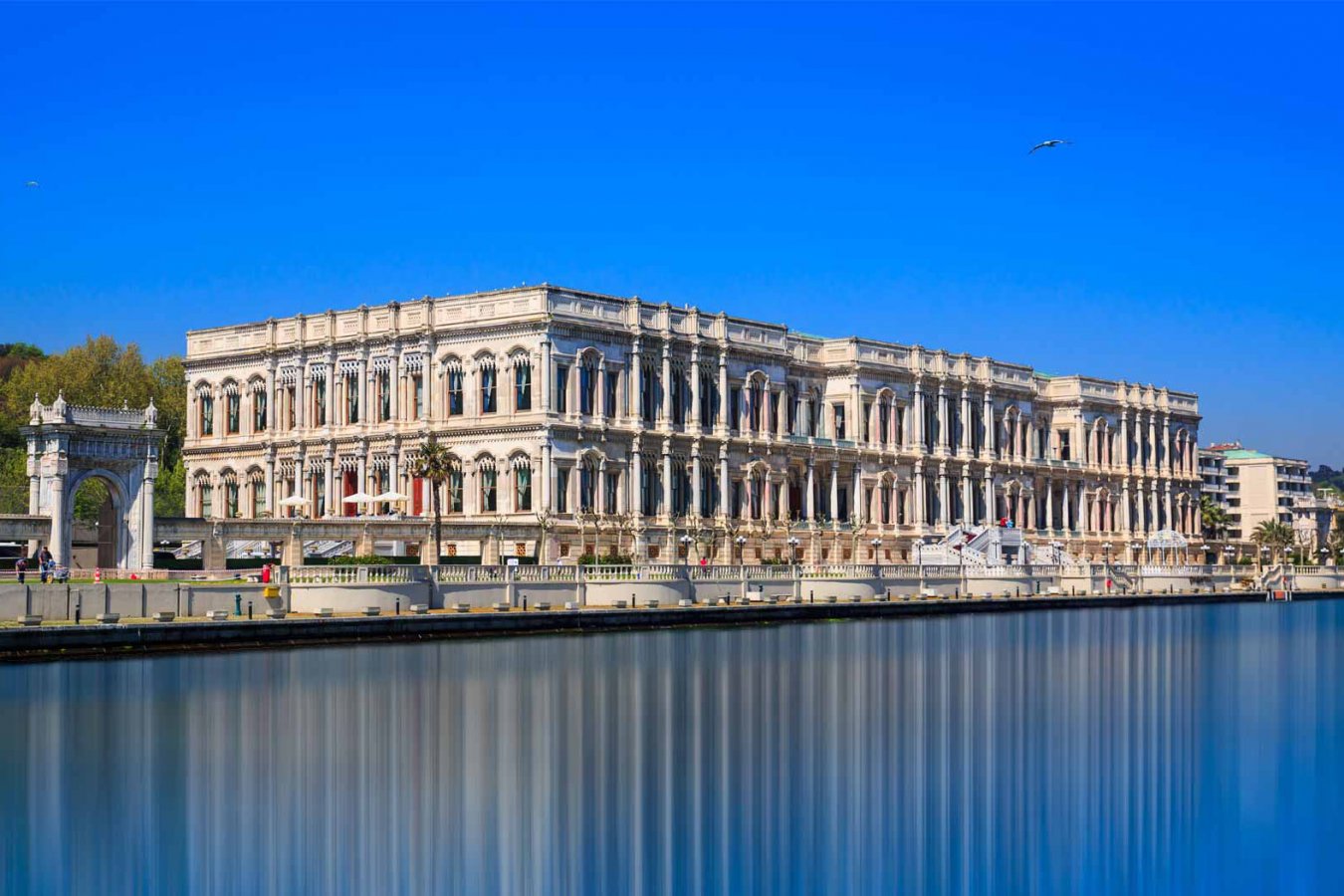BATAS, the British Association for Turkish Area Studies, is an independent, non-political society that acts as an interface between the community of scholars at UK universities working on ‘Turkish’ subjects in the broadest possible sense and a wider public interested in these issues. The phrase ‘Turkish area studies’ is intentionally open to several interlinked interpretations. On the one hand it refers to the interdisciplinary compass of ‘area studies’ as currently understood; on the other it suggests a number of intersecting geographical and historical spaces that all have a Turkish connection: (i) the lands spread across large parts of Asia where Turkic languages are spoken; (ii) the historic world of the Ottoman empire, expanding and contracting over six centuries and using Turkish as its language of government; and (iii) the modern Republic of Turkey with its rich ethnocultural diversity, international connections and diasporic extensions.


BATAS had its origins in the ‘Turkish Area Study Group’ created in the 1980s by Margaret Bainbridge, Lecturer in Turkish at SOAS University of London. The seminars that she convened at SOAS once a term on widely diverse topics attracted scholars from all over Britain, and the group’s identity was reinforced by a newsletter edited by Christine Woodhead. On Margaret Bainbridge’s retirement, a number of British academics who had been active in TASG reconstituted the group as an association in 1990. This body continued to be known as the Turkish Area Study Group until 2013, when the name British Association for Turkish Area Studies was adopted to reflect openness to all who share our interests and our aspiration to be recognised as the British focus for all aspects of the study of Turkey and its historic hinterland.
BATAS organises lectures, symposia, webinars and occasional special events, and publishes a substantial biannual journal, the Turkish Area Studies Review, which is freely accessible on this website. In our entire range of activities we seek to cover history, politics, economics, language, culture, the arts – everything, in fact, with a ‘Turkish’ connection as defined above. And our approach is not exclusively academic; we welcome personal reminiscences and artistic interpretations as well as scholarly analyses of particular topics.
